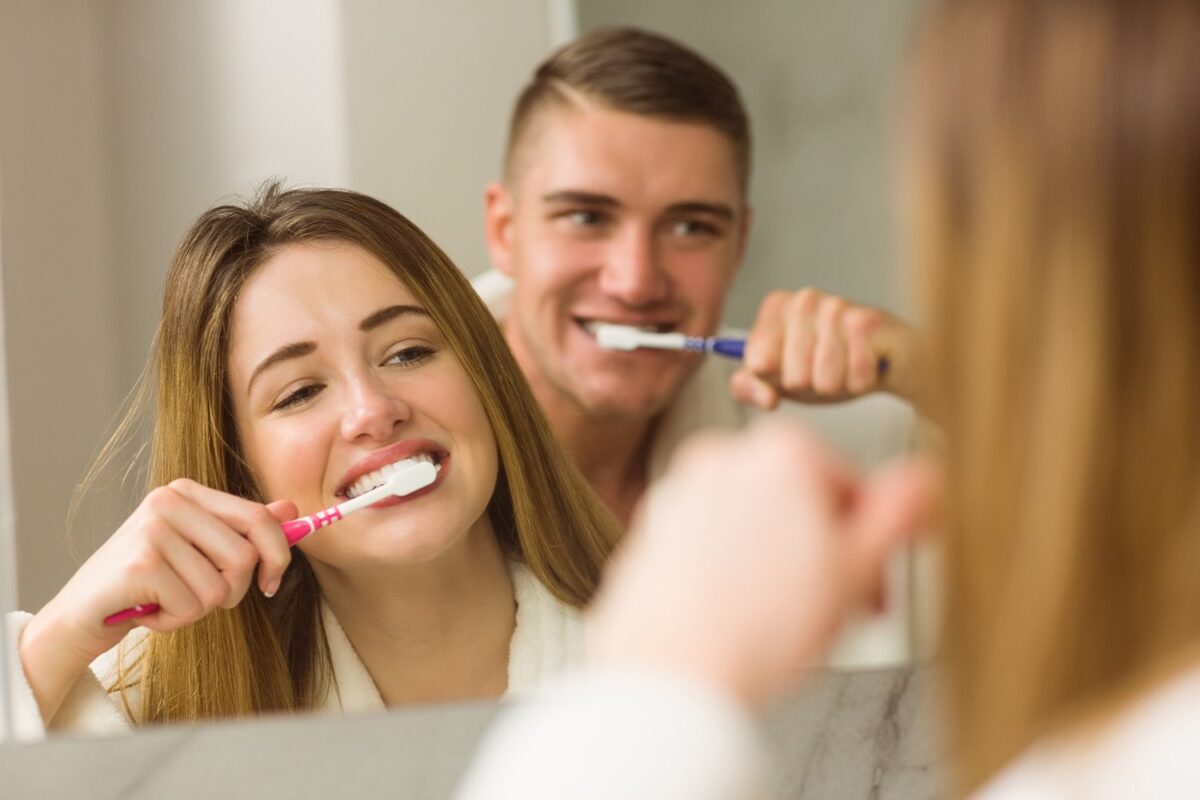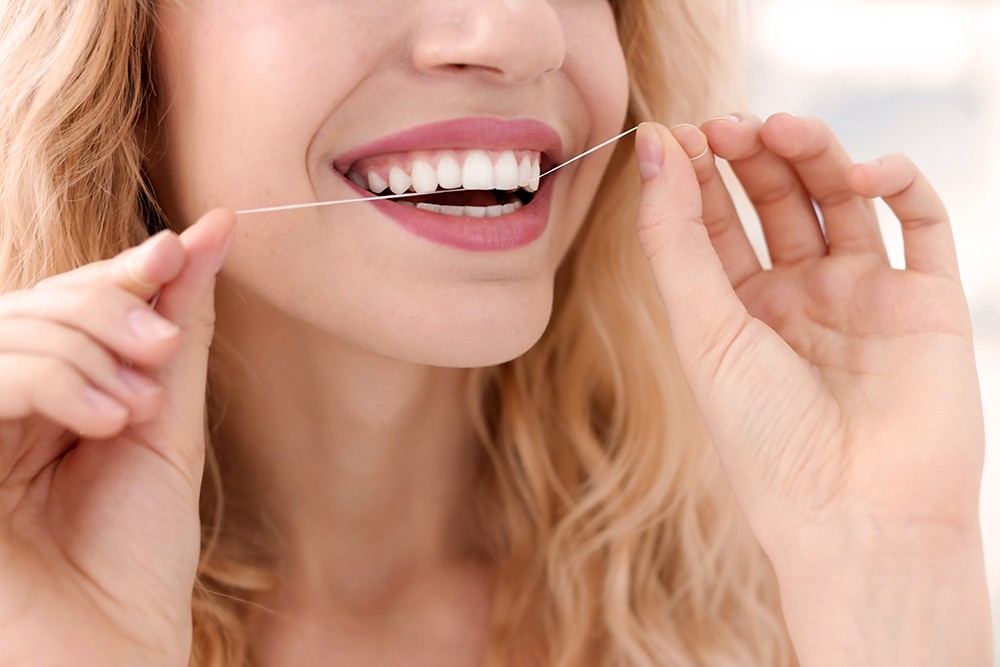Also known as dental avulsion, teeth fall out is one of the most serious dental emergencies that occurs due to multiple reasons. If your tooth falls out, there is a possibility that it can be reimplanted back in your gum. However, you need to see your dentist as soon as possible to eliminate the hassle related to teeth fall out. Delay in seeing the dentist could multiply the chances, so it is advisable to follow these simple tips that can help to preserve your tooth.
To increase your chances of a successful re implantation, you need to:
- Find your tooth and pick it up by the crown.
- Put it back in your mouth directly inside the socket. It might slip right easily, however, you need to ensure that it is facing the exact direction.
- Hold it in place with a cloth.
- To rinse off your teeth, use either saliva or milk. Water does not help to preserve the tooth well.
- Do not clean your teeth with a soap or scrub.
- If you are not able to put your tooth in your mouth, store it in milk until you get to the dentist’s office.
Your dentist will further analyze your gum, clean the area with water and attempt to re-implant your tooth. The only risk is that patients may get an infection in their socket or gum.
Reasons Why Teeth Fall Out
Teeth fall out occur due to multiple reasons. Some can be avoided and some cannot.
Gum Disease
Also known as periodontitis, gum disease involves infection of the gums which is usually caused by poor dental hygiene habits. Gum disease develops when brushing and flossing fails to remove the plaque. Plaque has bacteria that sticks to the teeth and hardens over time. This gets severe and can only be removed with the help of a dental professional.
This hardened plaque, is a tartar deposit that causes gums to pull away teeth, creating gaps that later become infected. Over the time, this process breaks down the bone and tissue supporting the teeth. This causes teeth to become loose.
Other signs of gum disease results in the form of:
- Tender, red and painful gums
- Bleeding gums
- Gum recession
- Changes in the way teeth adjust together
The only solution to this is early detection and treatment.
Osteoporosis
Osteoporosis causes the bones to become weaken and porous. It affects the spine, hips and wrists and also damages the bones in jaw that support teeth. If jaw becomes less dense, teeth may loosen and fall out.
According to the National Institutes of Health (NIH), there is a possible link between bone loss and increased risk of gum disease. There are certain medications that are used to treat osteoporosis. These medications include a drug named bisphosphonates that treats bone loss, but eventually leads to loose teeth. In severe cases, treatment like tooth extraction can work.
Pregnancy
The increased level of estrogen and progesterone during pregnancy affects the bone and tissues in the mouth. Pregnant ladies are advised to have dental checkups, cleanings and X-rays. Owing to a possible link between gum disease and premature birth, pregnant ladies are encouraged to see dentists regularly.
Treatment Options for a Loose Tooth
- Mouth rinses and other medications that helps to combat the bacteria in the mouth.
- Oral surgery that removes inflamed gum tissue and bone damaged by gum disease.
- Bone grafts help to rebuild bone loss to gum disease.
- Gum grafts also prevent further gum loss in people with gum disease.
- Dental bridge and dental implant are ideal and reliable treatment choices for a loose tooth.
Tooth loss can be disturbing, however, sometimes it can be saved if the problem is detected early. So, go ahead and take a step towards tooth restoration by consulting your dentist today.
Book Appointment to find out which treatment might be best for you.




